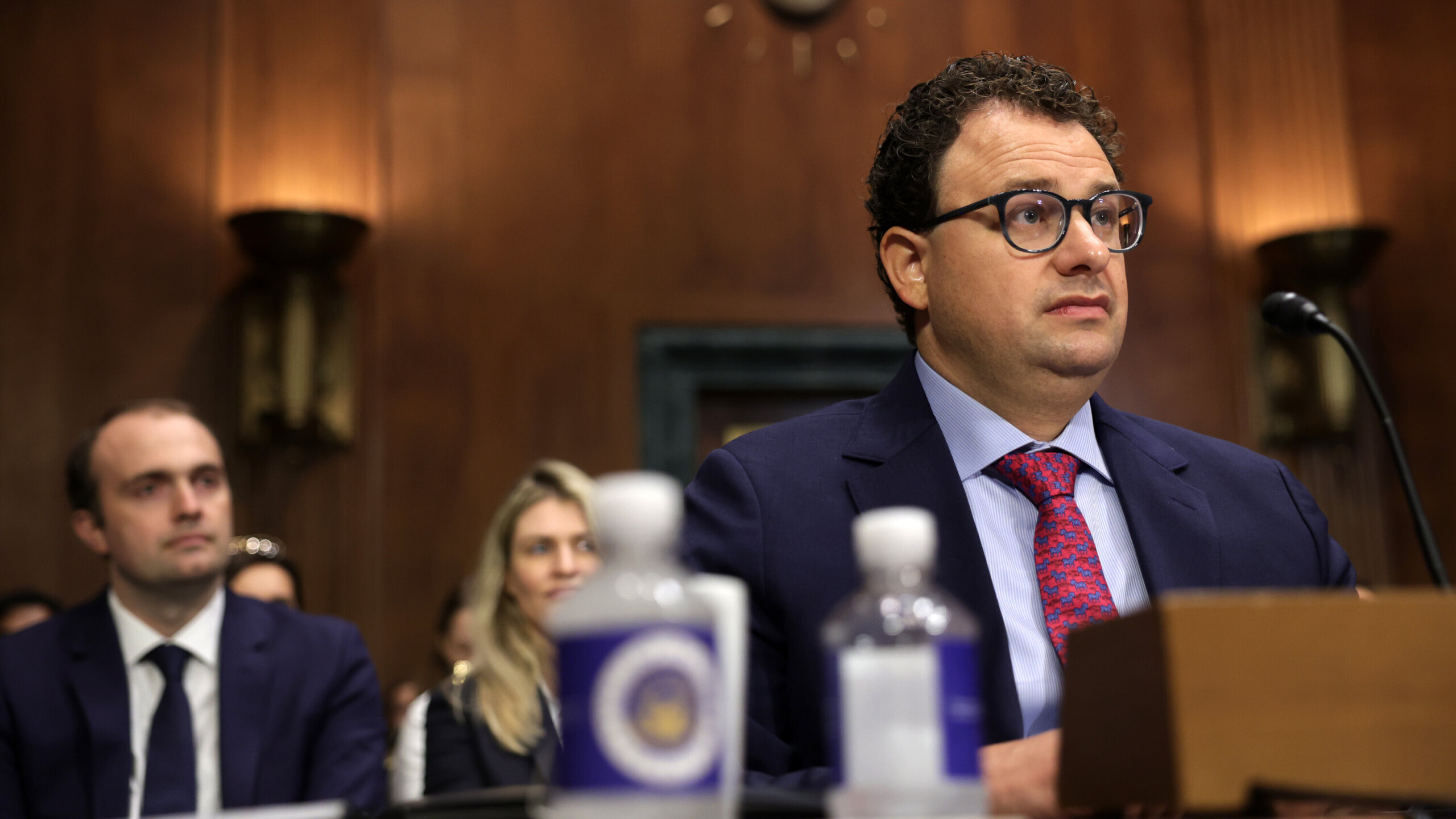Anthropic, OpenAI, Google, Meta, and other prominent developers are taking action to safeguard democracies from the potential threats posed by advancing technology, even as the capabilities of their tools continue to expand.
The forefront of innovation in artificial intelligence, these companies are now actively working to establish boundaries on the utilization of A.I. technology during a year marked by significant elections globally.
Just recently, OpenAI, known for its ChatGPT chatbot, announced measures to prevent the misuse of its tools in elections. This includes prohibiting the creation of chatbots that impersonate real individuals or entities. Similarly, Google has announced restrictions on its A.I. chatbot, Bard, to avoid responding to specific election-related prompts that could lead to inaccuracies. Meta, the parent company of Facebook and Instagram, has committed to enhancing the identification of A.I.-generated content on its platforms to help users differentiate between authentic information and fabricated content.
Joining in these initiatives, Anthropic, a prominent A.I. startup, has also taken a stand by prohibiting the use of its technology for political campaigns or lobbying. In a recent blog post, the company, renowned for its chatbot named Claude, outlined its enforcement measures, including warnings and suspensions for users violating their guidelines. Additionally, Anthropic has implemented automated tools to identify and block misinformation and undue influence.
Acknowledging the unforeseen consequences that have historically accompanied A.I. deployment, Anthropic stated, “We expect that 2024 will see surprising uses of A.I. systems — uses that were not anticipated by their own developers.”
These collective efforts reflect the A.I. industry’s commitment to regulating a technology that has gained widespread adoption as billions of individuals participate in elections worldwide. With an estimated 83 elections taking place globally this year, the need for responsible A.I. usage is paramount. Recent elections in Taiwan, Pakistan, and Indonesia, along with the upcoming general election in India, highlight the significance of this issue.
Despite these proactive measures, the effectiveness of the restrictions on A.I. tools remains uncertain, particularly as tech companies continue to advance sophisticated technologies. For instance, OpenAI’s recent introduction of Sora, a tool capable of generating lifelike videos instantly, raises concerns about the potential misuse of such technology in political campaigns. This development underscores the challenge of distinguishing between real and fabricated content, posing a critical question about voters’ ability to discern the authenticity of information presented to them.










